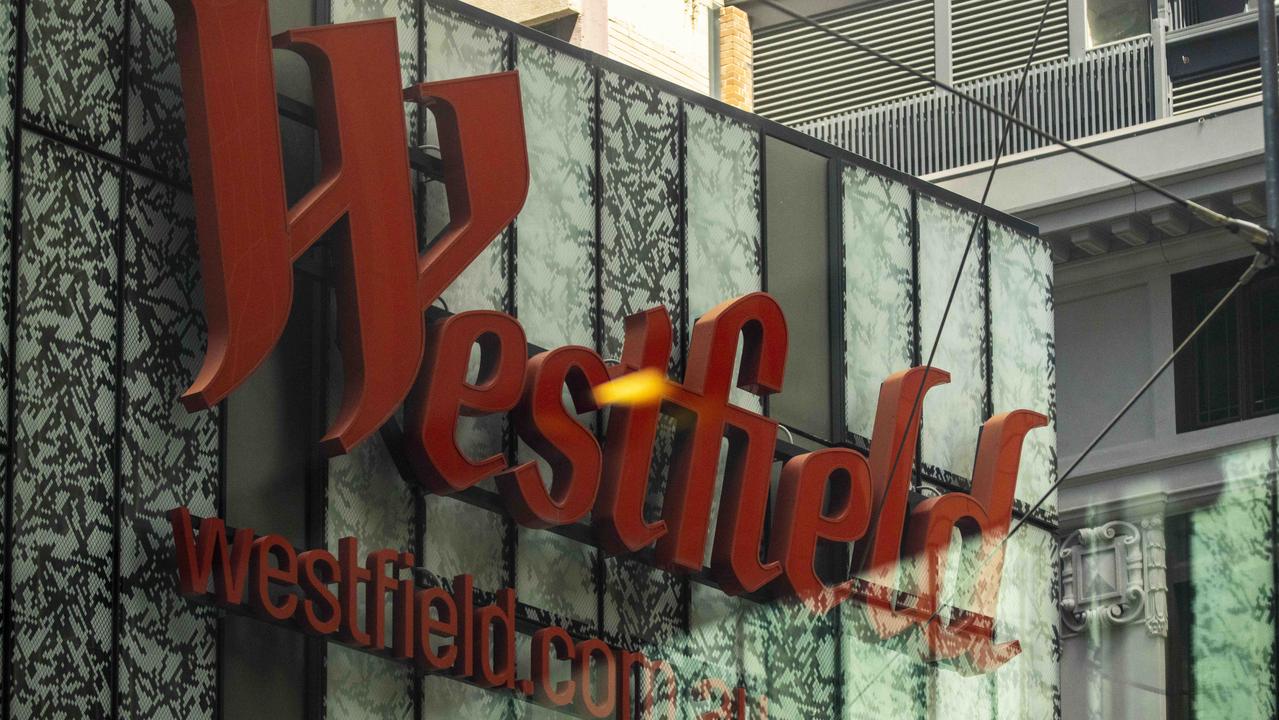Six hours exercise needed to work off traditional Christmas dinner
IT takes more than an afternoon snooze to recover from the kilojoule-packed Christmas traditional meal. Just how much exercise is required?
IF you stuff yourself with Christmas dinner, you'll need to spend up to six hours working out to work it all off.
But if you plan ahead, think thin and don't go to Christmas lunch hungry you might just avoid a food blowout of epic proportions.
AUSTRALIANS EXPECTED TO SPEND $18 BILLION THIS CHRISTMAS
WHAT SALES ASSISTANTS WON'T TELL YOU THIS CHRISTMAS
WHY CHRISTMAS IS BOOM TIME FOR BROTHELS
A single celebratory meal can equate to as much 8000 kilojoules, the total recommended average daily adult intake, piled on by consuming not only a main Christmas dinner but alcohol, dessert, trimmings, snacks and chocolates.
"This can be reduced dramatically by avoiding high kilojoule 'empty' snacks such as chips, crackers and dips," said nutritionist Susie Burrell.
"Aim for 150-200g of roasted meats in total or about a handful. Choose breast meat not legs and add just 1-2 tablespoons of rich sauces or fatty gravies.
"Alternating water with alcoholic drinks helps," she said. "Filling the plate with green vegies and low-carb choices such as pumpkin and carrots. A small serve of dessert with a little cream or ice cream and one after dinner sweet, not half a box!"
STILL HAVE A TRADITIONAL CHRISTMAS MEAL? COMMENT BELOW
Ms Burrell said rather than mentally writing off the next month in terms of food intake, think thin means enjoying good quality treats in controlled amounts but balance them with nutritious summer foods including salads, seafood and fresh fruits.
It will take roughly a minute of intense exercise to work off just 20-30 kilojoules, she said. For example one small mince pie contains 700kJ, which would amount to about 25-35 minutes of intense workout while the full dinner would take up to six hours to work off.
Meal delivery company Gourmet Dinner Service, which delivers to Sydney, Melbourne Brisbane and Canberra, reports a growing demand for healthier complete Christmas meals. It delivered almost 3000 meals in 2012, averaging $30 per person, and is expecting to deliver 15 per cent more this year.
It offer offers, 250g turkey, 100g ham, 150g vegetable such as potato, sweet potato, pumpkin, 150g green vegetables such as beans, broccoli, snow pea or zucchini, gravy, chutney plus 125g of pudding, 25ml brandy sauce and ice cream, cream, or mascarpone.
"While many people still treat Christmas lunch as a time for indulgence, we've seen a considerable increase in people choosing healthier options," said Gourmet Dinner Service owner Janel Horton.
"We've always only used natural ingredients and no preservatives, additives or GM-modified anything, but recently we've noticed an increase in gluten-free requests, and now offer a gluten free version of most Christmas dishes."
Christmas dinner
Smoked salmon (50g = 2 slices) = 280kJ
Ham (100g) = 4 slices = 450kJ =
Turkey + cranberry = leg with stuffing = 1200kJ
Roast veg = potato, sweet potato, pumpkin = baked in fat = 200g = 1200kJ
Prawns + aioli or mayo dips = 700kJ
Plum pudding + cream = 100g slice with 2 tbs. cream = 1500kJ
Alcohol x 4 medium glasses of wine = 1800kJ
Mince pies = small = 700kJ
Total =7830 kJ
SUSIE BURRELL'S FESTIVE EATING TIPS
DON'T go to parties hungry or overindulge in high-fat pastries, chips and dips while waiting for the "real" food. Before heading out, aim to snack on a carrot stick or celery.
DON'T ditch the exercise. Make it a priority to maintain gym commitments, regular walks and take the kids to the beach, park or organised activities as much as you can.
DONT overindulge too early in the season. Treats and alcohol are for celebrating for one day, not two months. Try to differentiate between "special" occasions from run-of-the-mill drinks and parties with work colleagues and acquaintances.
DON'T buy too much food. If it there, you will eat it. Hampers, cupboards stocked with excessive amounts of snack food, chocolates and lollies are a recipe for disaster, tempting children in particular. Buy smaller boxes if you must.
DON'T snack on poor quality canapés. Choose quality cheese, seafood, nuts and chocolates are examples of foods that bring much taste and enjoyment while cheap crackers, pastries and chips do not.
DON'T eating everything on offer. Next time you are at a party, pay attention to the thin partygoers compared to the overweight ones. Generally you will find that slim individuals are a lot pickier when it comes to food choices.
DON'T overindulge in alcohol. Try to have two alcohol-free days each week to give your liver a break, drink plenty of water and be aware of high kilojoule mixers such as juice, soft drink and flavoured drinks. Try soda or sparkling water with a slice or two of lime or lemon.
DON'T let Christmas run until January. Aim to get back on track with your usual diet and exercise habits by January 2nd or before you know it, February will be here.
DON'T choose high-fat snacks
While pastry based treats, cheese and dips can be exceptionally high in fat and kilojoules, the good news is that there is also a range of many lower kilojoule snacks available.
DON'T developing an "all or nothing" attitude to dieting. Look as the time off as an excuse to move your body more and you will be well on your way to a fitter and healthier 2014.
###



